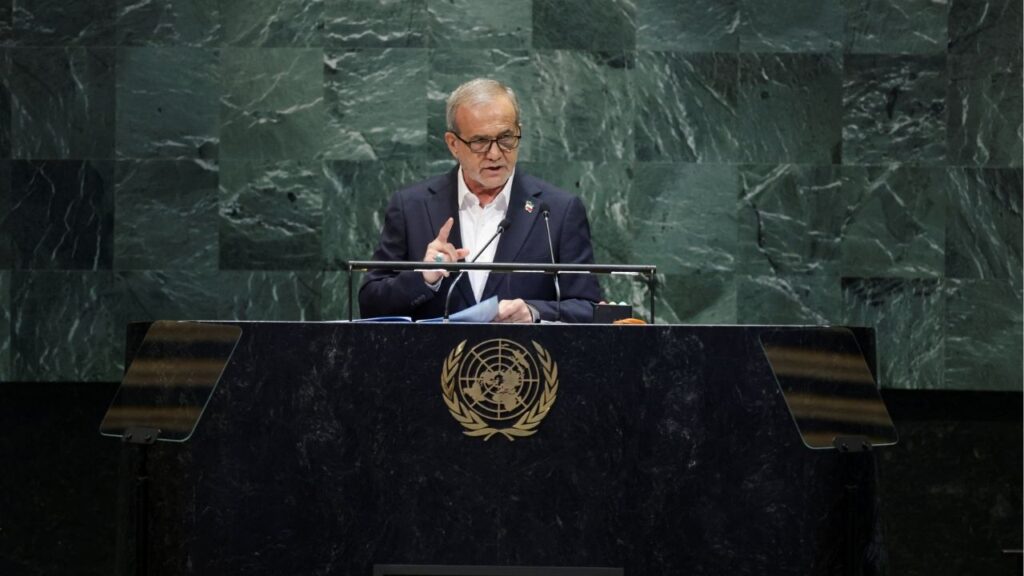Share
Researchers at the University of Oxford have launched a human challenge trial to look at what kind of immune response can stop people from becoming re-infected from COVID-19. They also want to see how the immune system reacts second time round.
A human challenge trial in medical research is a carefully controlled study that involves purposefully infecting a subject with a pathogen or bug, in order to study the effects of that infection.
Two Phases
The study will take place in two phases with different participants in each phase. The first phase, which will start in April 2021, will establish the lowest dose of virus which, in approximately 50% of people who have previously been naturally infected, can take hold and start replicating but produce little or no symptoms. In the second phase of the study, expected to start in summer 2021, all participants will be infected with the standardized dose of virus which was established in phase one.
For phase one, up to 64 healthy participants between the ages of 18 – 30 who have previously been naturally infected with COVID-19 will be re-exposed to the virus in carefully controlled conditions.
The virus used in the study will be the original strain from Wuhan, China.
The participants will be quarantined in a specially designed hospital suite for a minimum of 17 days under the care of the research team.
They will undergo numerous medical tests including CT scans of the lungs and MRI scans of the heart. The risks to participants will minimized by making sure that those who take part are completely fit and well and have completely recovered from their first infection with COVID.
If Anyone Develops Symptoms
Any participants who develop any symptoms will be given medical treatment with the Regeneron monoclonal antibody treatment.
They will only be discharged from the quarantine unit when they are no longer infected and not at risk of infecting others. The full length of the study will be 12 months, including a minimum of eight follow-up appointments after discharge. Participation in the study is completely voluntary.
Tightly Controlled
Helen McShane, Professor of Vaccinology at the Department of Pediatrics, University of Oxford and Chief Investigator on the study said, “Challenge studies tell us things that other studies cannot because, unlike natural infection, they are tightly controlled.”
The study is funded by the Wellcome Trust.
“When we re-infect these participants, we will know exactly how their immune system has reacted to the first COVID infection, exactly when the second infection occurs, and exactly how much virus they got,” said McShane. “As well as enhancing our basic understanding, this may help us to design tests that can accurately predict whether people are protected.”
Future Implications
“The findings could have important implications for how we handle COVID-19 in the future,” said McShane. “Keeping up the pace of scientific research and development, through crucial studies such as this remain the only way we will truly get ahead of this pandemic and bring it under control.”
RELATED TOPICS:
Categories

DHS Agent Killed US Citizen in March 2025, Records Show

Johannes Klaebo. Inevitable.

Salsa Legend Willie Colón Dies at Age 75, Family Says
















